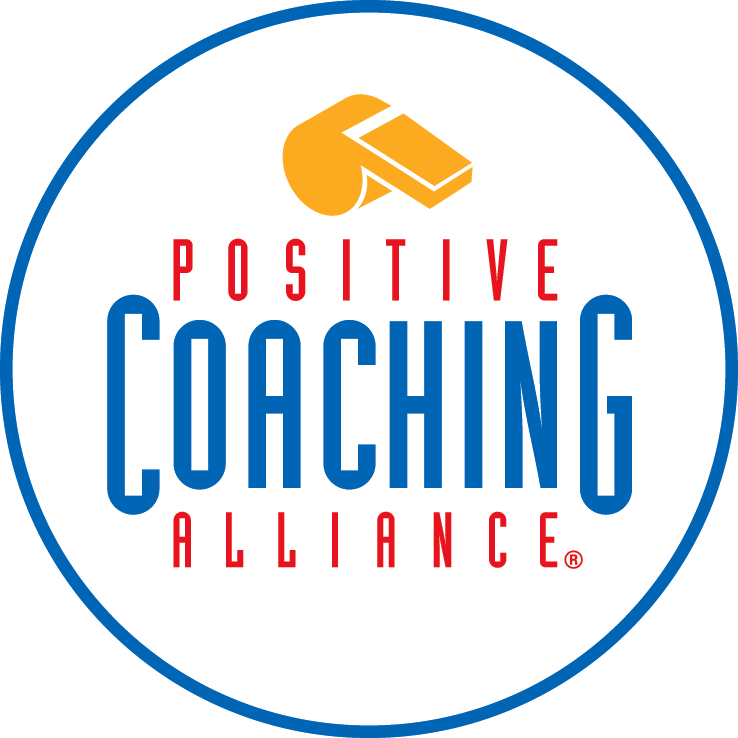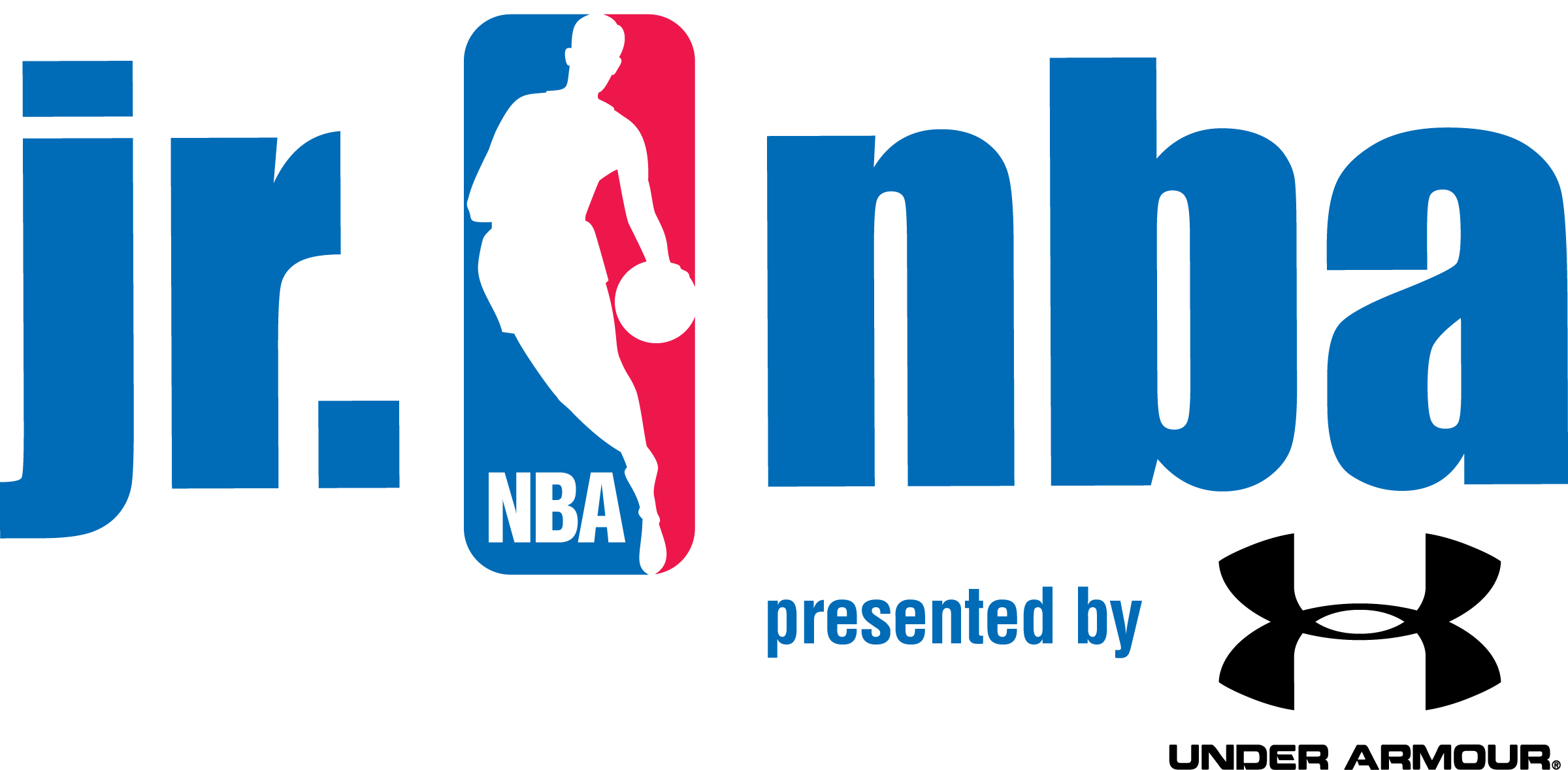
Basketball on the Edge – 10 Tips For Getting The Most Out Of Your Coach
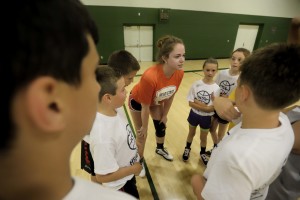
Players often misunderstand the role that a coach can play in their success both on and off the court. Leaders in all walks of life rely on coaches to help guide them on their path. Being coachable is an important characteristic to your success as a basketball player. How can you prepare yourself to get the most from your coach? Try these 10 tips!
1. Ask yourself a simple question.
Do you want to get better? If the answer is yes, then you’re ready to take advantage of the knowledge and guidance a coach can provide. If the answer is no, then why waste your time? Go find something else to do where getting better is important to you.
2. Know what you want improve.
Is there a specific skill you want to improve? (I want to be a better three point shooter under game conditions.) Some aspect of your game that is a weakness? (I always turn the ball over when I go left) A strength that you want to build on? (I’m a good defender, but I’d like to get even better rotating into help defense). Once you know what you want to improve, you can set specific goals about what you want to get from a coach.
3. Choose a growth mindset.
A growth mindset simply means that you believe in your ability to get better at something. If you believe that your effort and determination (things you control) will result in improvement then you are on your way to reaching your goals. The coach provides guidance and instruction while you provide the energy and focus that is required to improve.
4. Talk with a successful or more experienced player.
Find out how they made the most out of coaching. What strategies did they employ to maximize the advice of a coach? Learning from those who have already done something that you want to do is a smart strategy in basketball and in life. You might pick up a concept or idea during your conversation that opens the door to maximizing your coach’s advice.
5. Be open to new ideas.
John Wooden said, “It’s what you learn after you know it all that really counts.” If you think you have all the answers then you won’t be willing to listen with an open mind. Too often players get defensive when coaches tell them something, especially when criticism is involved. If you want to improve, you must be able to accept the idea that you aren’t perfect and that there is always room for improvement regardless of how good a player you are.
6. Be ready for a challenge.
A good coach will push you to be your best. A coach’s job is to help players get to a level that they might not be able to reach on their own. You must be willing to accept the challenges that your coach puts in front of you. The results will show AFTER you rise up and meet the challenge, not before.
7. Put in the work.
Your coach won’t be doing the physical and mental work it requires to meet your goal. That is up to you. A coach can give you the best advice, design the perfect workout, or have a great game plan, but the fact is, you have to put in the time and deliberate practice that improvement requires.
8. Individual effort is required.
I say this to players all the time, “If the only time you pick up a ball is at your team practice or when other people are in the gym with you, your success will be limited.” You have to make time to take what you have learned from your coach and work on it on your own. One hour a week of individual training with a coach won’t make much of a difference unless you put in time between coaching sessions or team practices.
9. Don’t expect instant results.
Coaching will help you get results. It just won’t happen overnight. It takes time to incorporate what you have learned into your game. Be patient, keep working, and believe in the process. If you get down on a coach because you aren’t suddenly scoring 20 points a game after 4 hours of training you’re expectations of what it takes to be successful are unrealistic.
10. Keep the lines of communication open.
Have frequent conversations with your coach about how you are progressing. You and your coach will be able to share your perspectives with each other and make sure you are on the same page. This is a great way to look at your goals and see if they are being met or not. Maybe new goals need to be set, or your areas in need of improvement have changed. Open communication improves the chances that you’ll get the most out of coaching that you possibly can.
Your coach can be the best resource in your quest to become a better basketball player. Use these tips and you’ll be on your way to a great player-coach relationship that helps you maximize your development as a player!
Click here to register for one of our upcoming programs!
Sign up now to get a “Head Start” on your competition with our free basketball tip of the day delivered straight to your inbox. Click below, enter your email and we’ll also send you our E-Book, “Mental Toughness, Improve Your Brain – Improve Your Game”.
Basketball on the Edge – Taking My Shot by James Leath

As a parent or coach, two of your guiding principles should be 1) to notice and reward a child’s effort and 2) to make sure that mistakes are encouraged and looked at as learning opportunities rather than failures. In this article, James Leath from Unleash the Athlete shares a personal story about how one of his coaches in 9th grade made sure that James knew it was better to “take his shot” and fail despite what the scoreboard said.
This is the “Mastery” definition of success that our partners at Positive Coaching Alliance know leads to a better youth sports environment.
Praise effort over results (You can’t control results, you can control effort)
You can learn to get better over comparing yourself to others (“I’ll never be as good as him”)
Mistakes are ok and part of learning over mistakes are failures to be avoided. (Learning occurs outside your comfort zone)
We can all achieve more success if we’re just willing to take our shot.
Click here to read the article by James Leath
Click here to register for one of our upcoming programs!
Sign up now to get a “Head Start” on your competition with our free basketball tip of the day delivered straight to your inbox. Click below, enter your email and we’ll also send you our E-Book, “Mental Toughness, Improve Your Brain – Improve Your Game”.
Basketball on the Edge – 7 Tips to Making High Performance a Habit
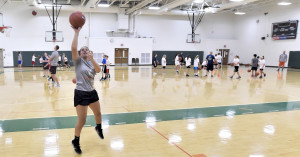
Every player wants to consistently play at their best and yet many players fall short of that goal. Here are 7 tips to help you turn high performance into a habit.
1. Practice the fundamentals
The fundamentals of the game and your performance are closely linked. You must master the fundamentals through repeated deliberate practice over time. Great players never get bored with the fundamentals. They understand the need to put in the time on the basics so that the performance of those skills becomes automatic. When the fundamentals are automatic, other more creative parts of a player’s game can begin to develop.
2. Lead with your strengths
Know what your strengths are and maximize them every time you step on the court. If you are a good shooter in catch and shoot situations, learn to move without the ball to get yourself open for those opportunities. Games are the time to do what you do well. Training and practice are the times to work on your weaknesses.
3. Maximize your teammates
Learn the strengths and weaknesses of your teammates. You need their help to be at your best. When you understand the skills they bring to the team, you can help put them in position to be successful. Here’s an example. If a player on your team is not a good ball handler, don’t give them the ball in the backcourt against a press if you can avoid it.
4. Be receptive to coaching
Take the feedback that you receive from your coach and respond in a positive way. Don’t take your coach’s criticism personally. A coach’s job is to help you improve and criticism is part of the process. How you respond to coaching determines how quickly you will improve your skills. Great players understand that they must continually strive to get better and a coach’s guidance is critical.
5. Focus on what you can control
Effort, attitude, and energy are all things under your control during a game. You cannot control your opponents, the officials, the crowd, or your coach. If you come into every game determined to give your best effort, have a positive attitude (even when things go poorly), and bring a high level of energy you will have more control over your performance.
6. Hone in on the moment
You cannot control the outcome of the game. Your opponent may be a lot better than you and your team. If you are focused on the outcome of the game (most likely a loss in this case) you are likely to forget what you should be doing in the moment. Having a “next play” mentality means focusing on the moment at hand and not worrying about the ultimate outcome. Think “What should I be doing right now?” to maximize my chances of success. Concentrate on the process and the results will take care of themselves.
7. Motivate yourself
If you’re looking for your coach, parents, or teammates to motivate you for a big game, you’re looking in the wrong place. The best players are intrinsically motivated. They know their “why”. They understand why they play the game and why it’s important to them. You should take responsibility for being ready to play rather than relying on something external to motivate you to be at your best.
Follow these 7 tips to make high performance a habit and unlock better performances out on the court.
Click here to register for one of our upcoming programs!
Sign up now to get a “Head Start” on your competition with our free basketball tip of the day delivered straight to your inbox. Click below, enter your email and we’ll also send you our E-Book, “Mental Toughness, Improve Your Brain – Improve Your Game”.
Basketball on the Edge – The 1 Percent Rule: Why a Few People Get Most of the Rewards by James Clear
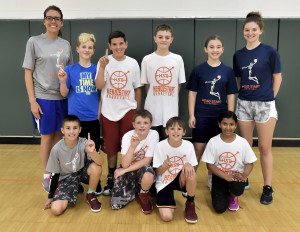
Change the word people in the article title to players and it’s easy to apply the 1% rule to basketball.
“You only need to be slightly better than your competition, but if you are able to maintain a slight edge today and tomorrow and the day after that, then you can repeat the process of winning by just a little bit over and over again.” – James Clear
Click here to read the article by James Clear
Click here to register for one of our upcoming programs!
Sign up now to get a “Head Start” on your competition with our free basketball tip of the day delivered straight to your inbox. Click below, enter your email and we’ll also send you our E-Book, “Mental Toughness, Improve Your Brain – Improve Your Game”.
Basketball on the Edge – Does Your Game Boil Or Is It Just Hot?
Here is the concept. Simple and profound, yet unbelievably powerful. At 211 degrees water is hot, at 212 degrees water boils. That one extra degree makes all the difference. Boiling water makes steam that can power a train, hot water can’t do that. This post was inspired by the video below that I came across during my reading this week.
How can a basketball player apply the 212 degree principle to becoming a better player? As the video states, “Get up 15 minutes earlier every day. That’s 75 minutes of “extra degree” time per week. That’s 65 “extra” hours per year!” Could you wake up earlier and do 15 minutes of ballhandling drills each morning? Could you get to school 15 minutes earlier and shoot 50 free throws before class starts? Could you do a quick fitness/agility workout when you get out of bed? Would that make you a better player? If getting up earlier isn’t your thing, where can you find 15 minutes in your day where you could work on your game? The possibilities are many. Before you go to bed? Right after school? Just before dinner? When your homework is finished? I don’t know what works for you, but I do know that every player has time in their day. “I’m too busy” or “I don’t have time” are just excuses. We make time for things that are a priority. Is basketball a priority? If it is, start using your “extra degree” time wisely. Imagine the improvement you could make over the course of one year with just 15 minutes per day!
Let’s take the extra degree concept one step further for parents, coaches, and players. If all of us could cut out 1/2 hour of TV or social media each day, that would be 182.5 “extra degree” hours to devote to self-improvement. We could read, spend more time with our family, exercise, volunteer in our community, or invest in our friends. I’m betting our lives would be improved if we were willing to pursue the “extra degree”.
This one “extra degree” will often separate the good from the great. Start running your life at 212 degrees as opposed to 211 and you’ll achieve results you never dreamed were possible.

